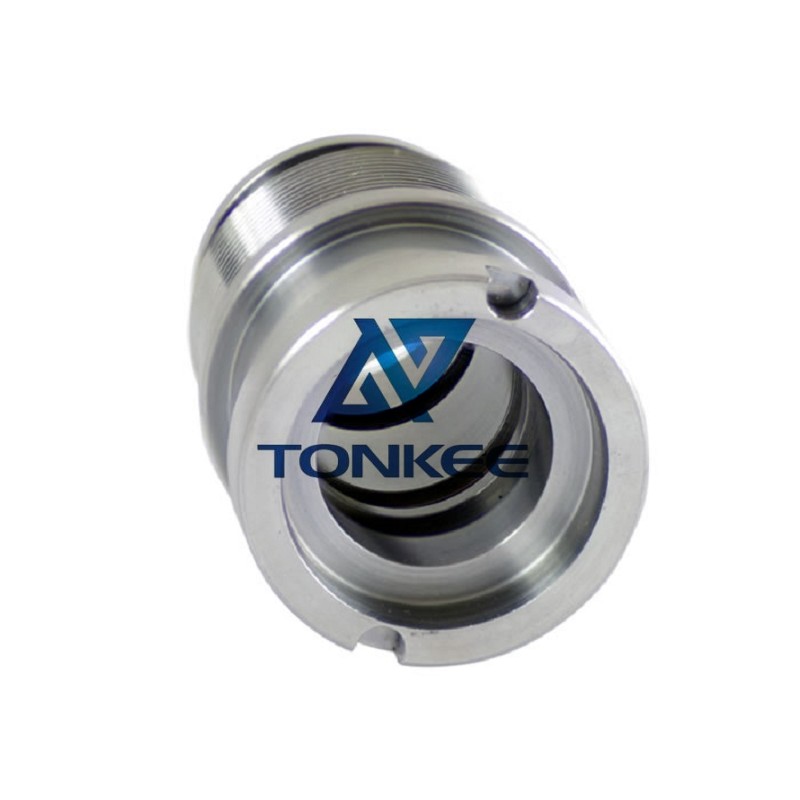
The threaded, forged, machined heavy piston is designed with precision to meet the demands of heavy-duty operations.
Its dimensions are critical for its proper functioning, with a diameter of 32mm and a length of 100mm. These specifications are carefully chosen to ensure compatibility with the equipment it is intended to be used in.
The choice of materials for this piston is paramount to its performance and durability. Typically, such pistons are crafted from high-strength alloys, such as forged steel or stainless steel, to withstand the immense forces and pressures encountered in industrial applications. These materials are known for their exceptional tensile strength, resistance to corrosion, and ability to endure extreme conditions, making them ideal for heavy-duty pistons.
The manufacturing process of this threaded, forged, machined heavy piston involves several key steps to ensure its reliability and precision:
Forging: The initial step involves forging, where the selected metal is heated and shaped into the desired piston blank through controlled hammering or pressing. This process enhances the material's density and structural integrity, making it highly resistant to deformation and wear.
Machining: After forging, the piston blank undergoes precision machining.
This involves turning, milling, and drilling operations to achieve the specified dimensions and tolerances. The machining process ensures that the piston's surface finish is smooth and free from imperfections.
Thread Cutting: The threaded portion of the piston is created through precision thread cutting. Threads are crucial for connecting the piston to other components within the hydraulic system securely.
Quality Control: Throughout the manufacturing process, stringent quality control measures are implemented to verify the piston's adherence to design specifications and to detect any defects or irregularities.



 English
English Türkçe
Türkçe


